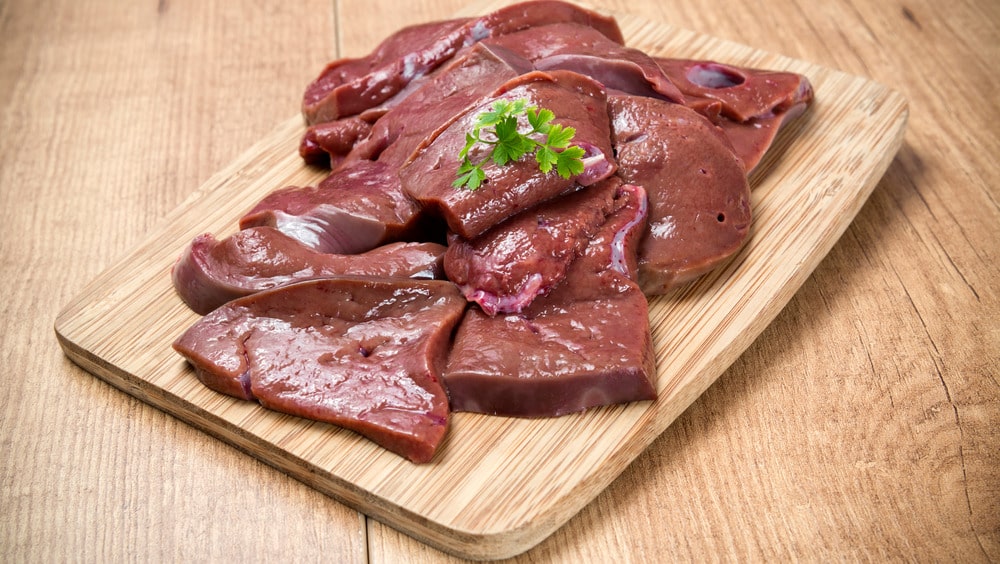
Why you should never skip Organ Meat in your pet's food...
Are you feeding your pet only “clean” fillets, the same cuts you’d prefer for yourself?
Cats and dogs need - and want - the parts we might overlook, and here’s why.
Organ meats: Nature’s superfood for pets
A wholesome diet for your pet should offer both nutritional balance and variety. Unlike humans, dogs and cats thrive on parts of the animal that we often consider less appealing. Organs such as liver, heart, kidney, and lung supply critical nutrients that support their renal system, digestion, and overall immunity.
-
About 10% of a healthy pet’s diet should come from organs.
-
Within that 10%, liver should make up at least 5%.
If you can only feed one organ, make it liver - it’s the most nutrient-dense.
Liver is often called “nature’s multivitamin.” Rich in vitamin A, iron, copper, and B vitamins, it helps with:
-
Skin health: Vitamin A and zinc support cell regeneration, reducing dermatitis and hot spots.
-
Detoxification: The liver provides compounds that assist your pet’s own liver and kidneys in filtering toxins.
-
Energy and metabolism: B vitamins fuel energy and nerve function.
Studies show that dogs fed liver regularly maintain higher levels of vitamin A and iron compared to those fed only muscle meat.
For cats, taurine is particularly important, which is essential for vision and heart health is found in high amounts in poultry liver and heart. Deficiency can lead to blindness and heart disease.
Other organs that matter
While liver is the priority, rotation of other organs ensures nutritional completeness:
-
Heart: Rich in taurine and CoQ10 for heart and muscle strength.
-
Kidney: Packed with selenium and vitamin B12.
-
Lung & gizzard: Provide protein variety and trace minerals.
Organ meats can be particularly helpful for pets with certain conditions:
-
Kidney or liver issues: Contrary to outdated advice of “low-protein diets,” research shows that small quantities of high-quality proteins from organs help rebuild tissue and maintain strength.
-
Urinary tract infections (UTIs): Nutrients from organ meats support immune function and healing.
-
Inflammatory stress: Organs provide anti-inflammatory compounds that encourage natural recovery.
Many pets love organ meats, but some can be picky. If your cat or dog is not a fan of organs yet, try this:
-
Try air-dried organ treats like rabbit liver or chicken liver & hearts.
-
Use organ powders for easy supplementation.
-
Start with tiny amounts and increase gradually.
The quality of organs depends heavily on sourcing. Pets fed meat from ethically raised, pasture-fed animals receive higher levels of omega-3 fatty acids, vitamin E, and antioxidants compared to those fed from conventional sources.
At Canine India, all organs and supplements are responsibly sourced to ensure maximum nutritional benefit and digestibility.
Summary:
-
Organ meats should make up ~10% of your pet’s diet.
-
Liver is non-negotiable: aim for at least 5%.
-
Cats require taurine, found abundantly in heart and liver.
-
Variety is key: rotate liver, heart, kidney, lung, and gizzard.
-
Ethical sourcing maximizes nutritional value and reduces toxins.

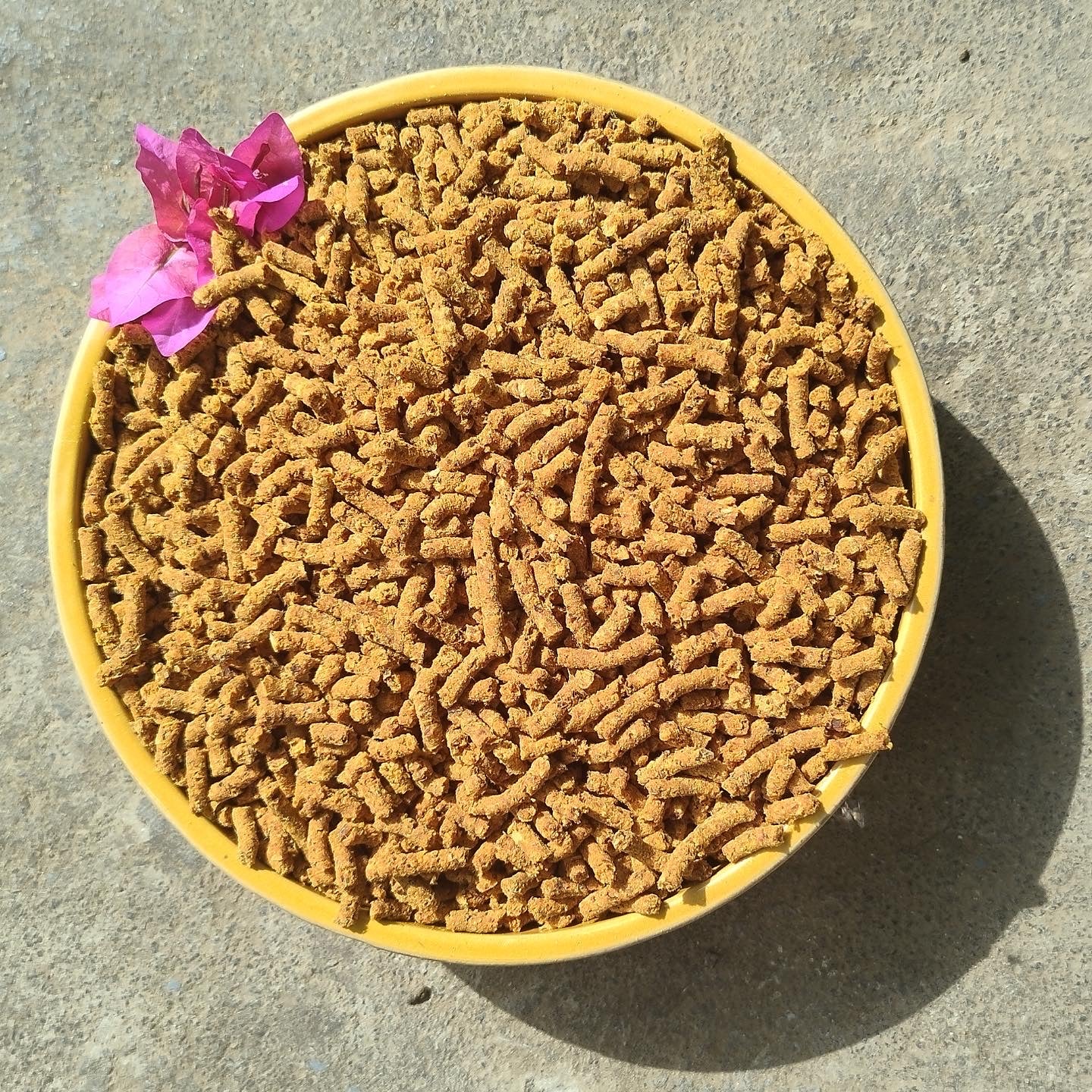
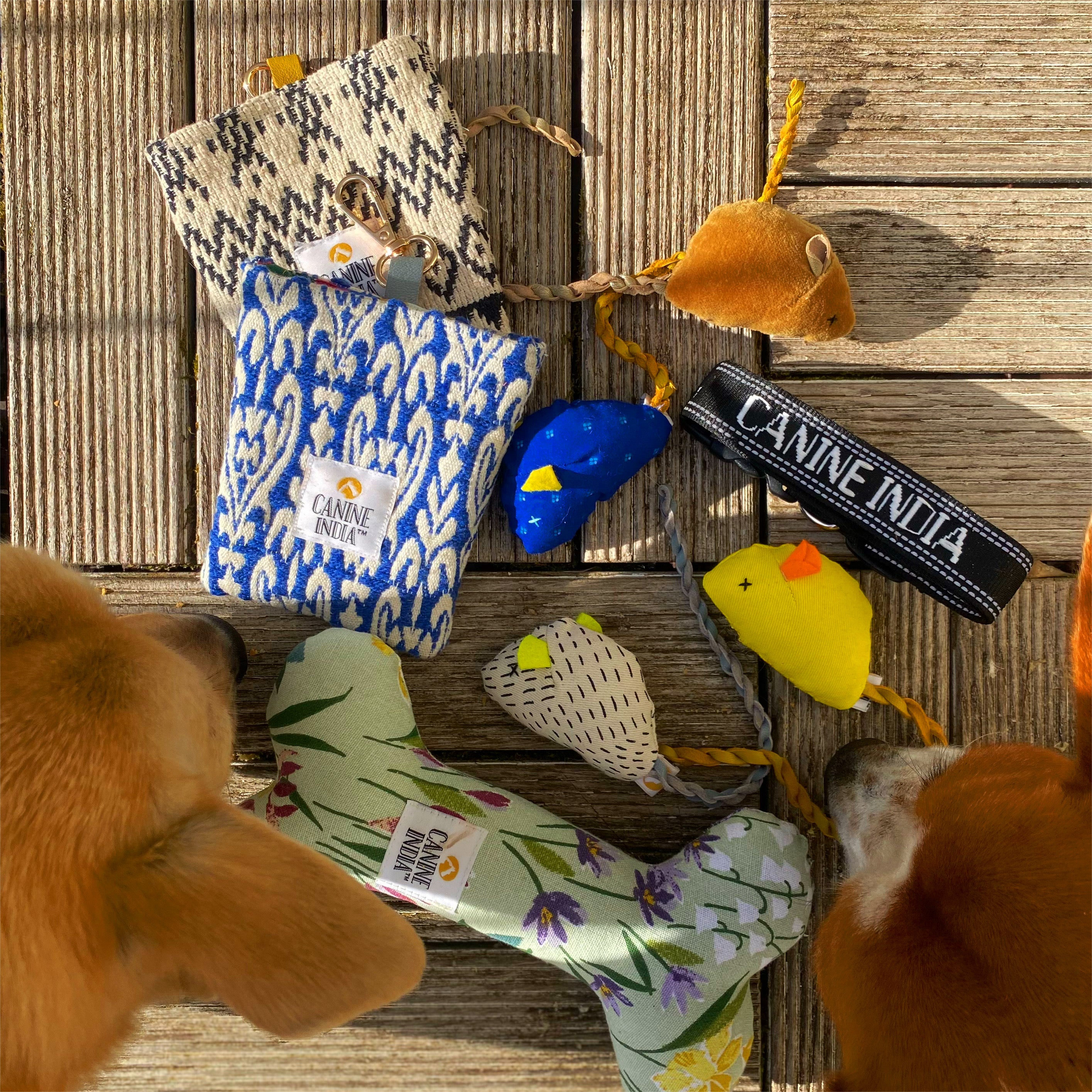

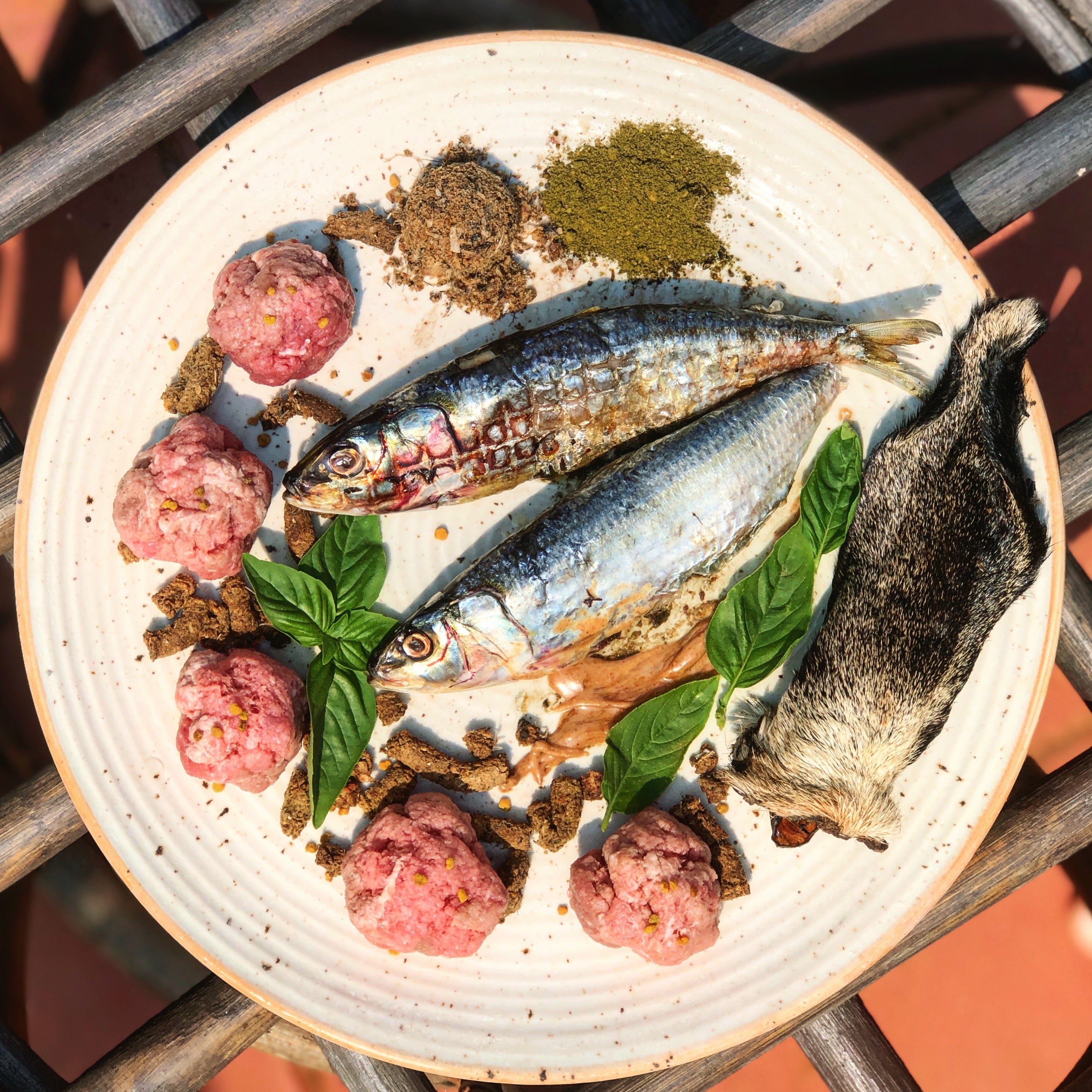



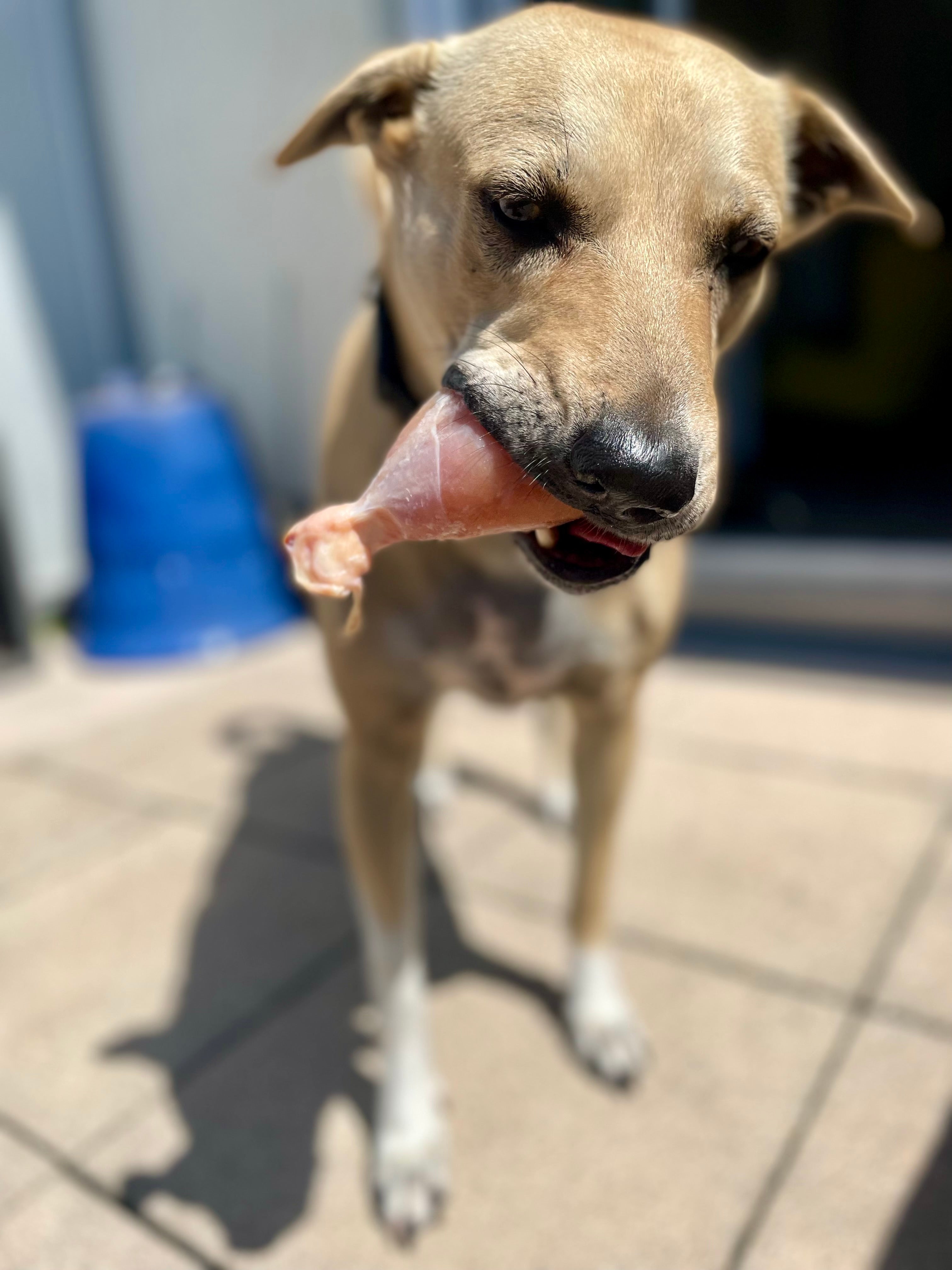
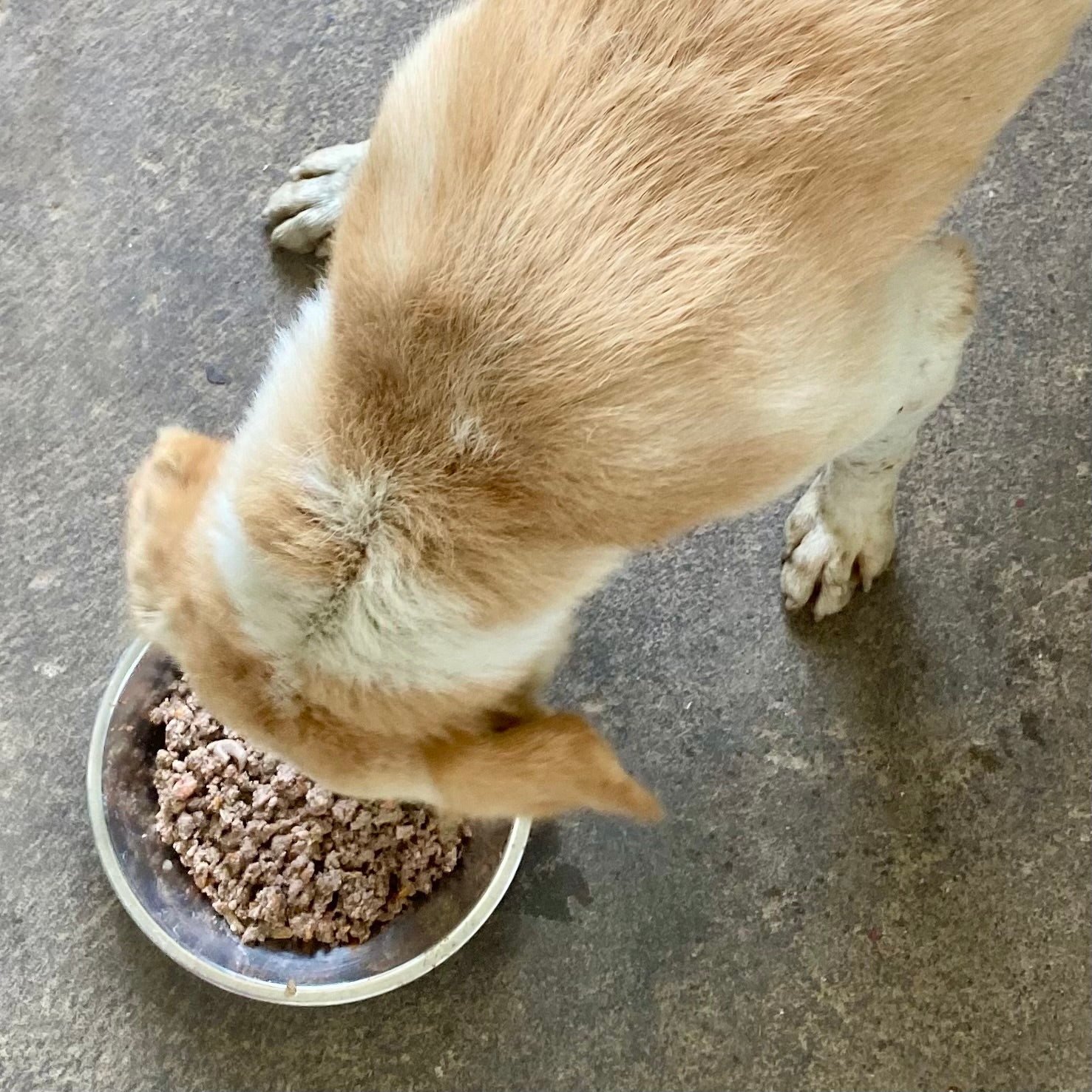
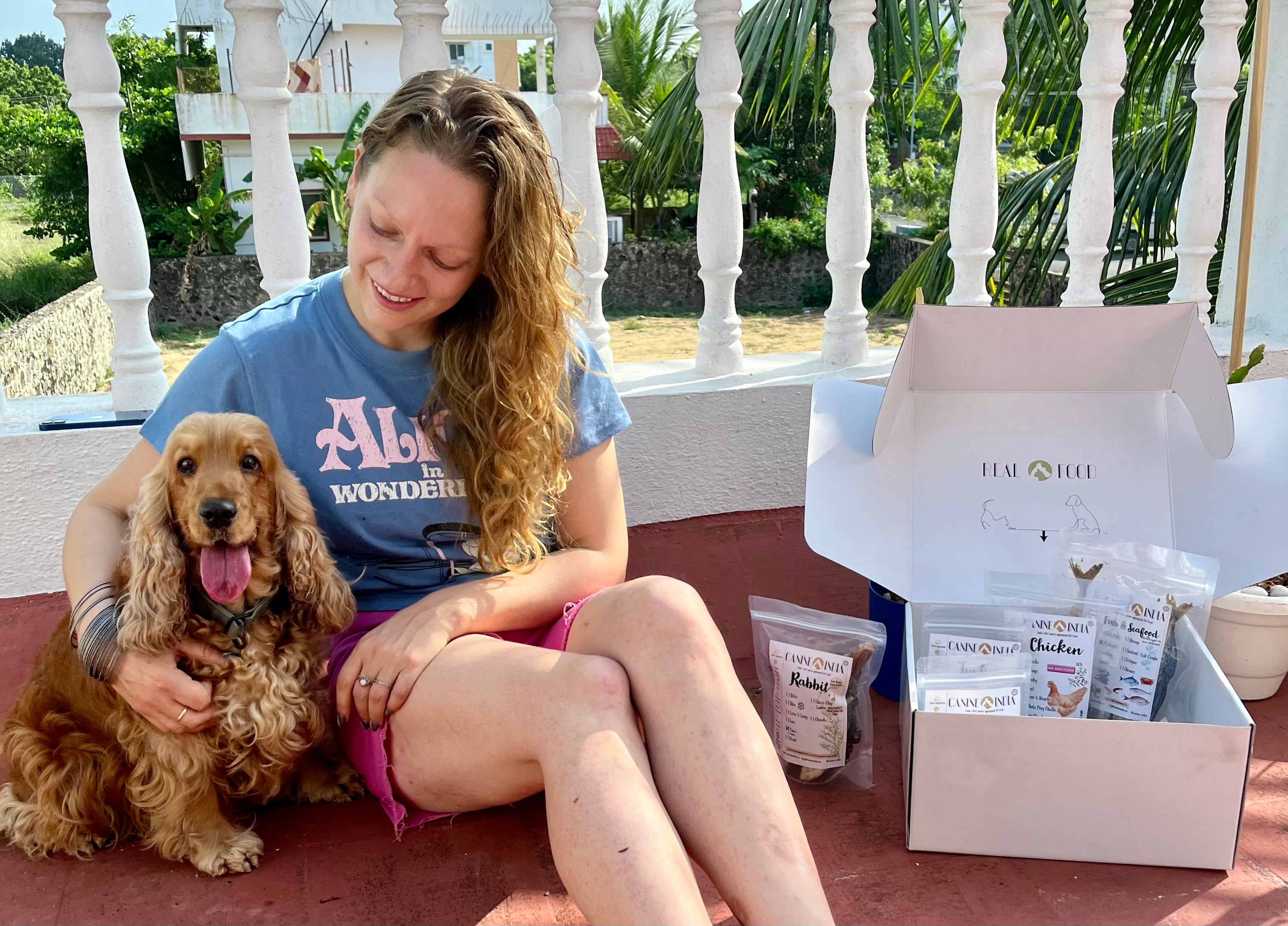

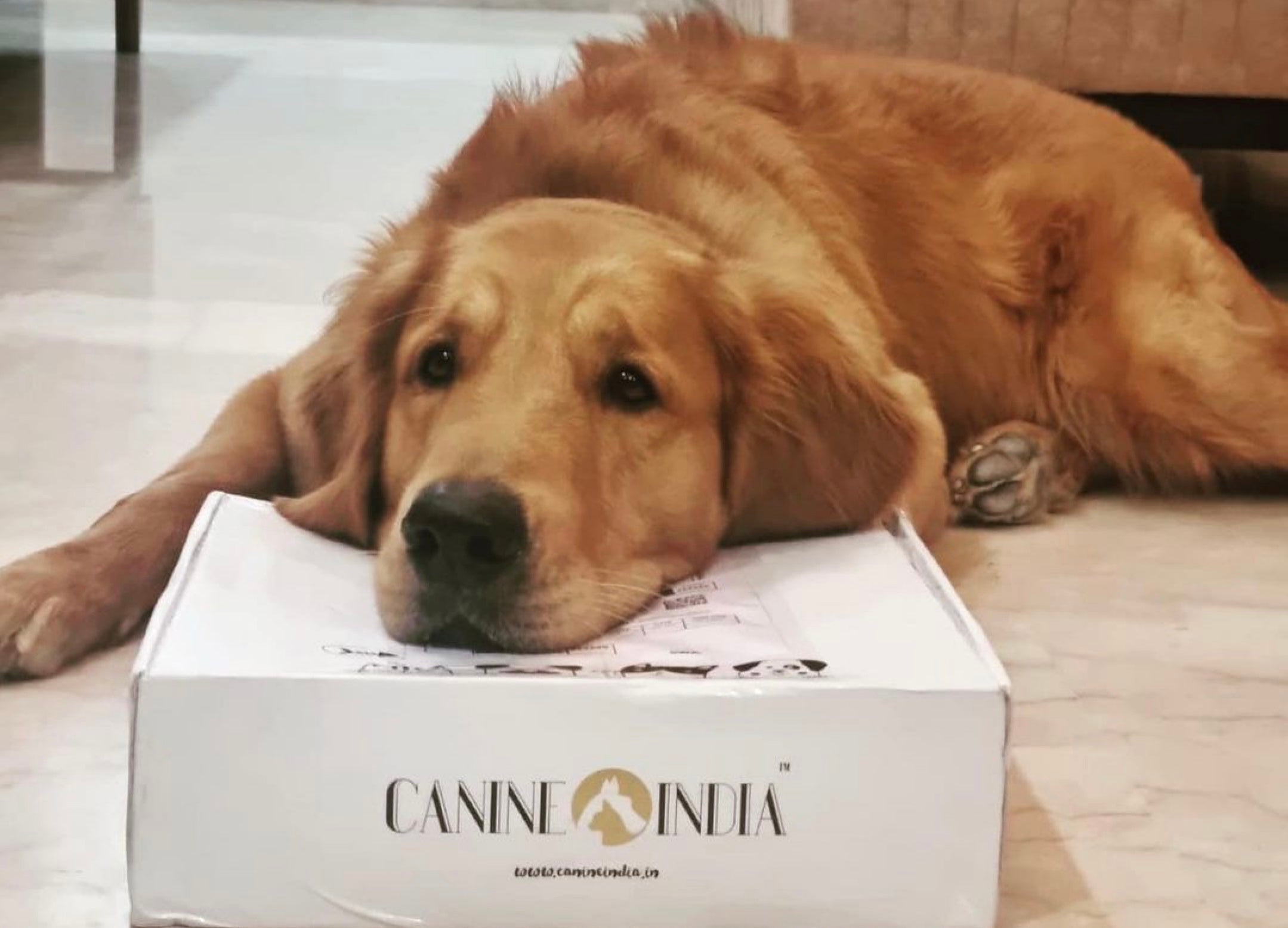
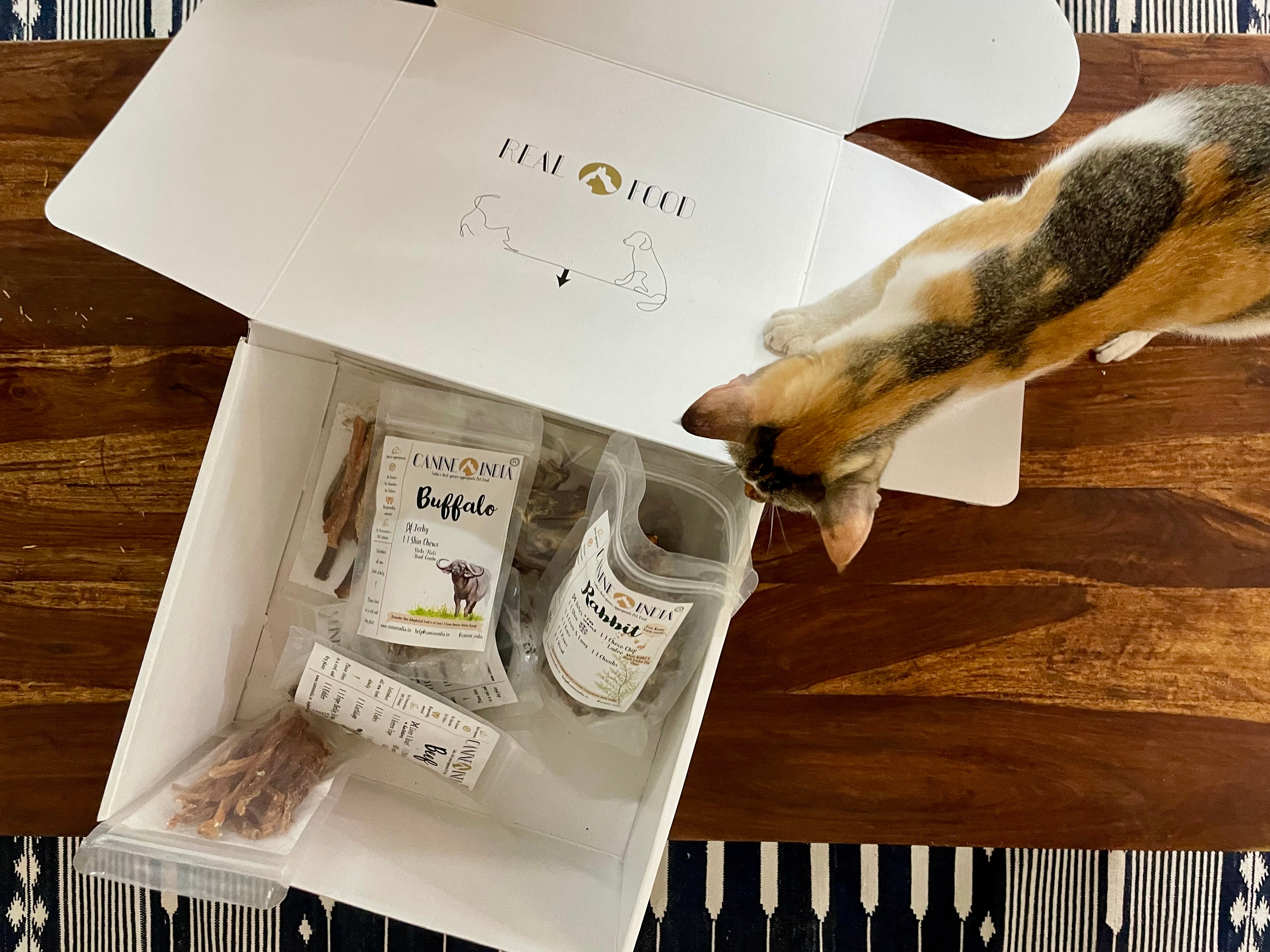


Leave a comment